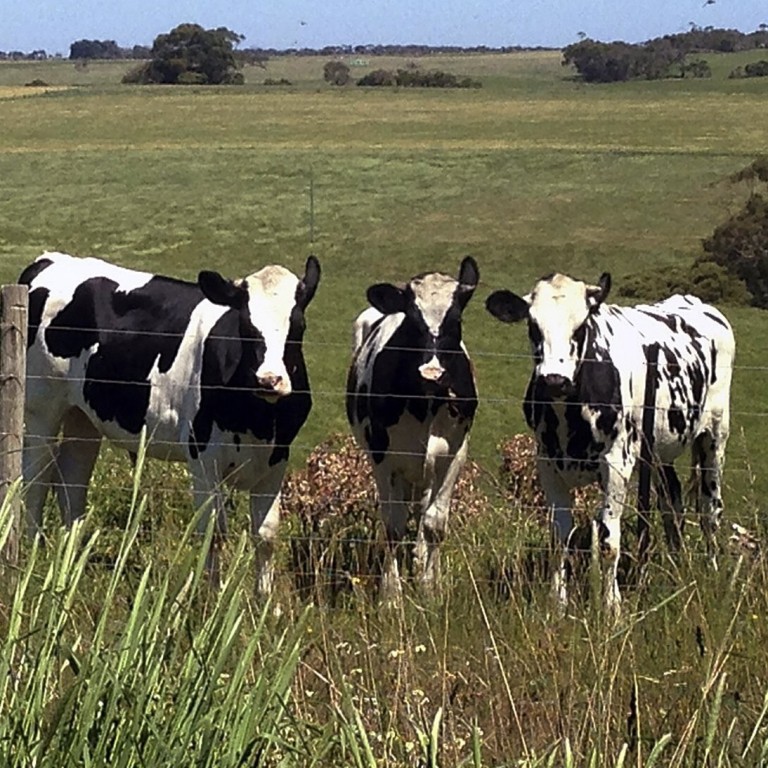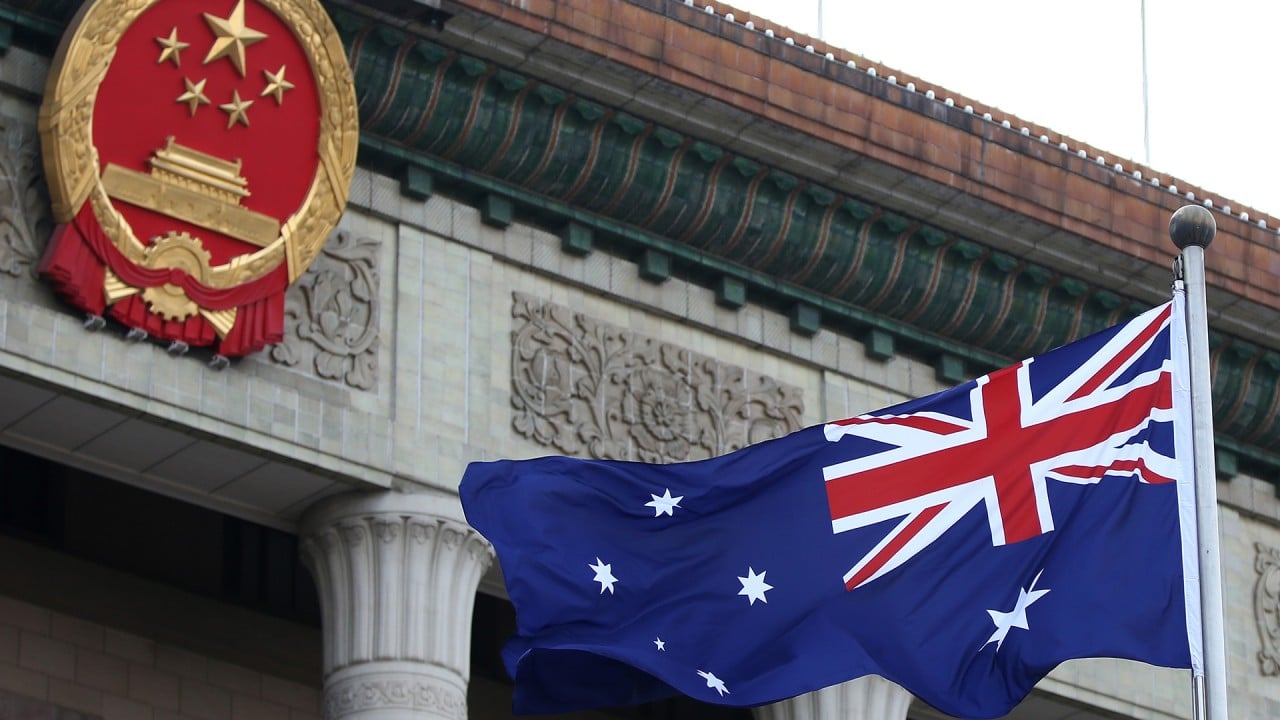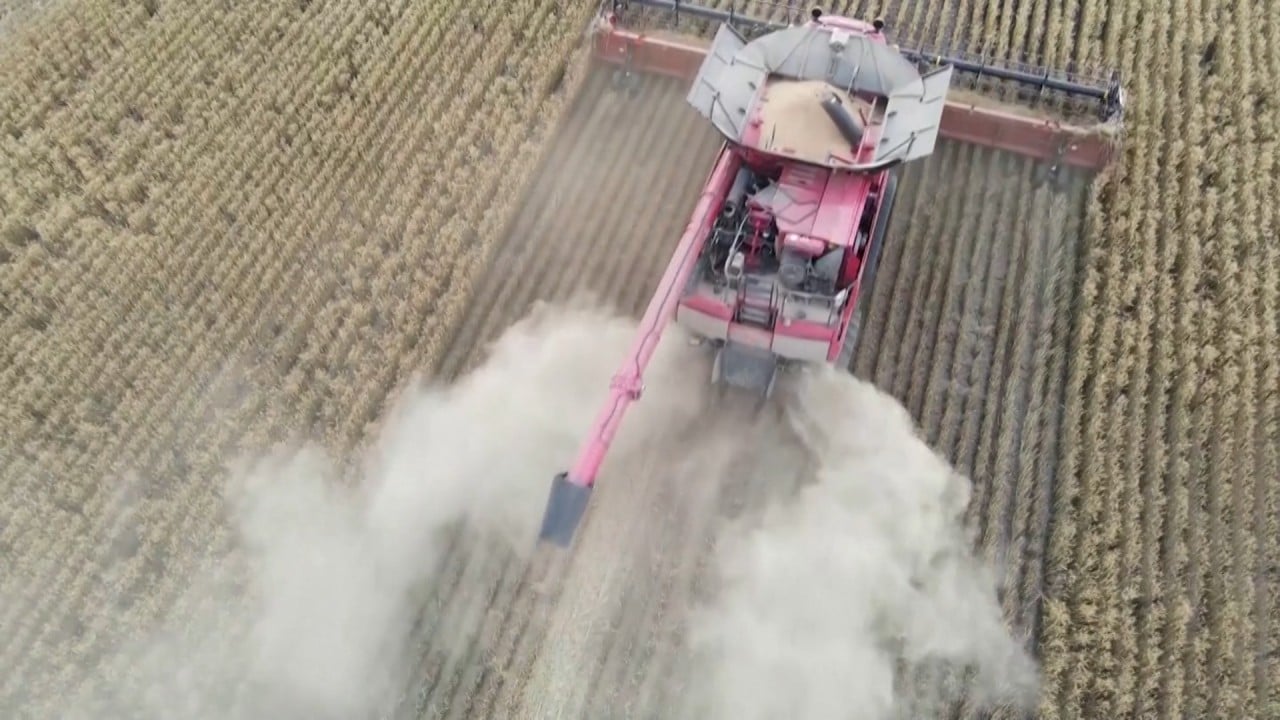
China-Australia relations: Beijing bans beef exporter with ‘mislabelling’ track record
- China’s General Administration of Customs said on Monday it was no longer accepting beef exports from Queensland abattoir Meramist
- Customs data shows company had run into compliance issues over mismatched cargo certificates and mislabelling before ban
A sixth Australian meat processor banned by China from exporting to the country had a history of compliance issues, including mislabelling and shipment errors, Chinese customs data shows, as Australian farmers brace for a further hit to business amid ongoing diplomatic tensions.
China’s General Administration of Customs said on Monday it was no longer accepting beef exports from Queensland abattoir Meramist.
Authorities did not provide a reason for the ban, but data obtained by the South China Morning Post shows a batch of frozen boneless beef processed by Meramist was stopped at Shanghai port in June for mismatched cargo certificates.
Trade sources also said another shipment of meat processed by Meramist was detained in Nanjing Port in late October over mislabelling.

07:55
Australia ditched diplomacy for ‘adversarial approach’ to China and ‘a pat on the head’ from US
Meramist, located in Caboolture in Queensland state, joins five other Australian abattoirs that have been suspended from exporting beef products to China. The company did not respond to a request for comment.
Queensland abattoir John Dee was blocked from sending beef to China in August due to excessive levels of chloramphenicol in its products, according to Chinese authorities.
Australia exported more than 300,000 tonnes of beef worth A$2.67 billion (US$1.9 billion) to China in 2019, according to Meat & Livestock Australia.
Beef exports have not been the only Australian product to be targeted by Chinese trade action. Beijing has imposed anti-dumping duties on barley and wine, suspended coal and cotton exports and delayed customs clearance on products like lobsters and fruit.
The Australian Bureau of Agricultural and Resource Economics and Sciences warned on Monday that farm exports could fall by 7 per cent to A$44.7 billion in the 2020-21 financial year compared to the same period a year earlier, despite bumper production.
When asked about the outlook for agriculture exports, Australian Minister for Agriculture David Littleproud said on Monday the government was looking to resolve its issues with China through dialogue if Beijing wished to restart it.

01:15
China-Australia trade: Beijing set to ban nearly US$400 million worth of Australian wheat imports
“We’ve been very clear … to China that we are not going to turn our back on the relationship,” he told local media.
“I’ll be the first ready to take the phone call or even meet in person if needed, to make sure that we can continue on with trade that benefits both China and Australia.”
China’s State Administration of Market Supervision said on Monday it has sharpened inspections of “edible agricultural products” through increased sampling. It will also hand out stronger punishments to deter the sale of poor quality food.
The announcement came just days after state-backed tabloid the Global Times asked whether the coronavirus had been brought to China through imported cold-chain products.
Since the coronavirus was first detected in Wuhan in late December, China has suspended seafood imports on several occasions and tightened Covid-19 testing due to scares over the transmission of the virus on packaging.

